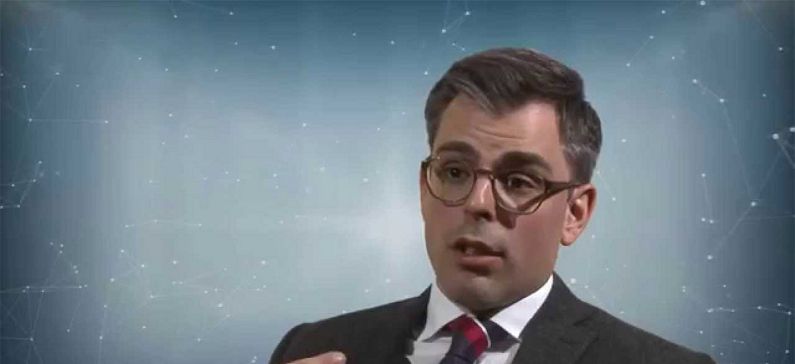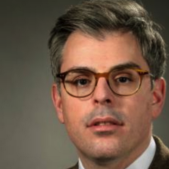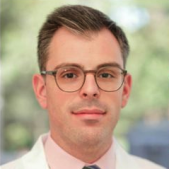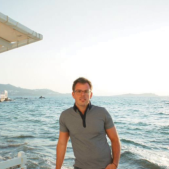
Discovered a new organ in the human body, the interstitium
Petros Constantinos Benias is a 38-year-old homogeneous gastroenterologist and a member of the specialized research group, which published its research results in the “Scientific Reports” magazine, announcing the existence of the new organ in the human body.
The interstitium is similar to the lymphatic or vascular system, a network of channels, which surrounds every tissue of the body and, through which some kind of fluid moves around the body. The interstitium transfers this fluid to the lymphatic vessels, which is possibly one of the keys to understand, among others, cancer’s transmission. The research group’s goal, after tracing the interstitium, is to decode the way by which cancer is spread in the human body through this system and to help, if not to cure, by finding some therapeutic methods or delaying its transmission.
Petros Benias is Greek from Meganisi in Lefkada, and from Mitika, in Etoloakarnania, born and raised in New York City. His family maintained a close link with the homeland, which is the reason why he regularly visits Greece. Every year, along with his children and wife Christina, they visit Greece for their summer vacations, as he says on EPT.
According to Northwell Health, Benias received his medical degree from Albert Einstein College of Medicine, got two fellowships at Mount Sinai Beth Israel of Petrie Division and received board certifications for Gastroenterology and Internal Medicine. In the past, he worked as an Assistant Professor at the Donald and Barbara Zucker School of Medicine at Hofstra/Northwell. After the fellowships, he remained and still works at the Icahn School of Medicine, while he affiliates with the Lenox Hill Hospital, Long Island Jewish Medical Center, North Shore University Hospital and Staten Island University Hospital at the same time.
Together with Neil Theise, professor of pathology at NYU Langone Health in New York, they started a systematic research for the new organ, in 2013. He is one of the first scientists to have seen the interstitium for the first time, thanks to the specialized, advanced microscopes. “Just a year before we publish our research -which happened a few days ago- we realised what we had discovered” Petros Benias says on Thema.
The interstitium is an unknown, until recently, to the scientific community organ, and for sure new discoveries are underway. “We believe that this biological waterslide hides the mechanism to cancer cell’s transmission in the human organism. Cancer cells can enter through the interstitium’s channels to the lymphatic system instantly. Cancer cells need the interstitium to spread” he explains and continues by saying “More specifically, we will focus our interstitium’s study on the esophageal and stomach’ cancers. Due to my specialty, I intend to focus on gastrointestinal cancer”.
Dr Benias has made plans to visit Greece, next July, in order to be present at a scientific conference. In addition, he stated that he looks forward to meeting his Greek coworkers, because “I know their exceptional level, I have worked with some and trained others in the USA and I believe that it’s truly honorable to participate in a conference which is being held in Hippocrates’ country”.












Michele Clark
-11/11/2021 10:33 pm
Dr. Benias was the Only Doctor that would operate on my gastric fistula that was causing acidic pneumonia. I thank God for him!!! He is brilliant, kind, and really care for his patients.